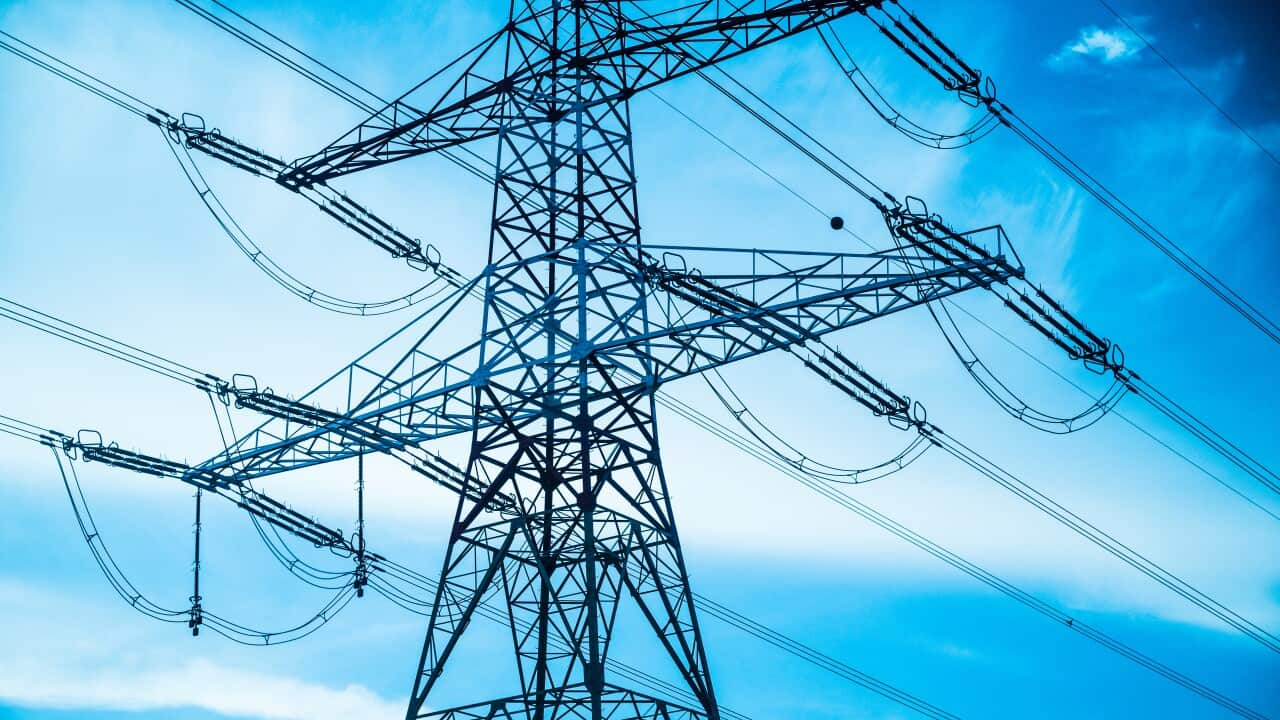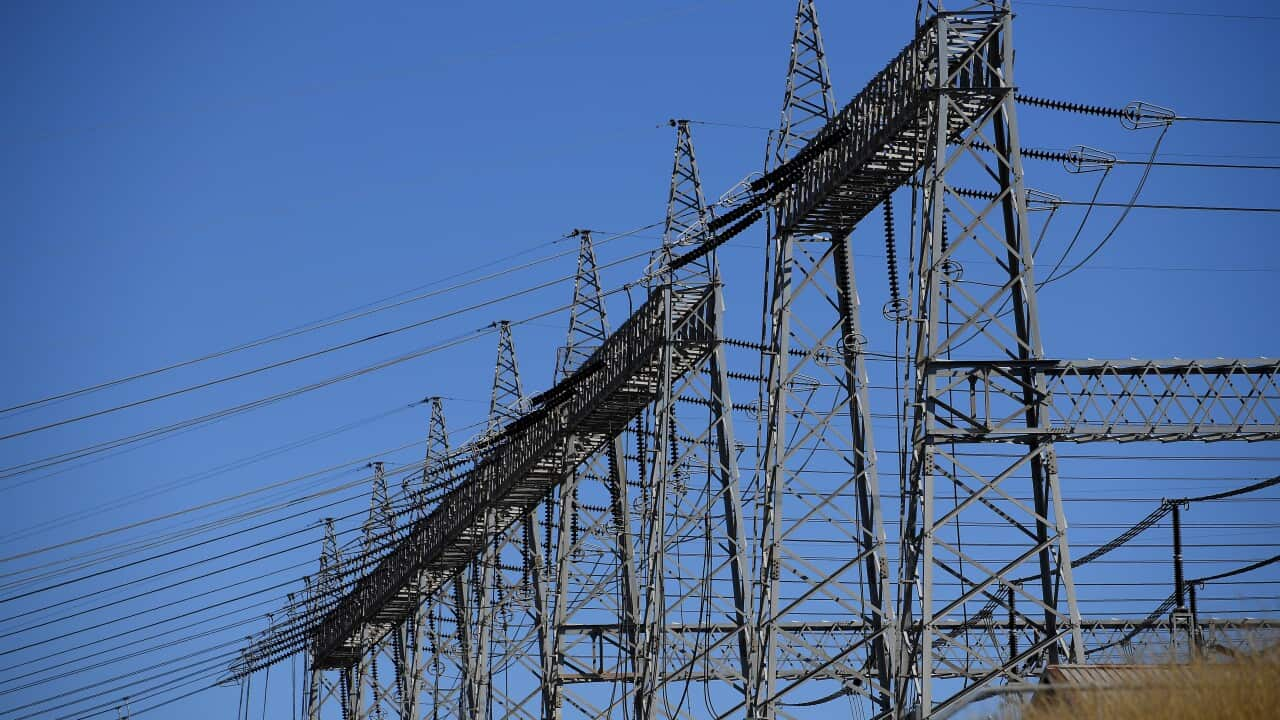Key Points
- Energy prices in some parts of the country could increase by as much as 30 per cent.
- Some households spend large amounts on gas heating, only to discover they could've used the air conditioner instead.
- Simple steps, such as turning off modems at night, can reduce energy bills.
The cost of electricity in Australia is set to climb even higher in coming months.
Figures released by energy regulators show prices in some parts of the country could increase by as much as 30 per cent.
Victorians are set to be the hardest hit, with figures from showing the average power bill in the state could go from $1,403 to $1,829 per year.
The national Australian Energy Regulator (AER) released its default offers for residential customers on Wednesday, which showed expected increases of up to almost 24 per cent in NSW, 22 per cent in South Australia and 20 per cent in southeast Queensland.
The AER blamed the price rises on volatility in wholesale electricity markets due to high coal and gas prices and outages at coal-fired power plants.
In Western Australia, Northern Territory, Tasmania and regional Queensland, where there is less retail competition in the energy sector, prices are set separately to the rest of Australia.
While experts say each state has different factors influencing its energy markets, is expected to push up the cost of energy across the country.
Independent home comfort and energy adviser Tim Forcey told SBS News that people could save hundreds of dollars a year, maybe even more, by making simple changes.
Are you using it right?
While Mr Forcey’s suggestions for cutting down on power use include both behavioural change and measures with upfront costs, he said there was one common misconception he often came across that was costing many people.
“A lot of people put in reverse cycle air conditioners for summer cooling, and no one's told them it's the cheapest form of heating,” he said.

Independent home comfort and energy adviser Tim Forcey carries out audits of people's homes and often finds simple ways people can cut down their power bills. Source: Supplied
Mr Forcey says many people are still unaware of this, including a young couple whose home he recently visited.
They had recently spent thousands to replace a faulty gas heating system and, until Mr Forcey inspected their home, didn’t realise that they could have simply used their existing air conditioner for heating.
Consider switching
Tony Wood, program director for energy and climate change at the Grattan Institute, said people in states with multiple energy retail providers should look at switching their provider to save money.
While he said the savings to be had were not as high as they once were, he suggested people might still be able to save 5 or 10 per cent on their bills.
As well as switching energy providers, consumers may want to consider switching off their wi-fi overnight, or turning off other items that are using a lot of energy but not being used.
"Anything that's warm to the touch - that's wasted energy. Try to get it shut off when you're not using it," Mr Forcey said.

Switching off appliances overnight, especially if they are the type of item that gets warm while switched on, can reduce energy use. Source: Getty / trumzz
Efficiency
Mr Wood encouraged people to consider energy efficiency around the house by checking their household heating and cooling settings, as well as considering insulation and energy ratings.
"Even these little things can make a difference," he said.
The NSW government suggests heaters be set between 18 and 21 degrees Celsius in winter and only be used during the coldest part of the day.
Mr Wood said the energy rating of appliances could also affect how much power they used.
"Modern ones are more efficient, but of course, you don't just throw away a perfectly good refrigerator just because you might save some money on your electricity bill. But next time you buy a new refrigerator, you might keep an eye out for the most energy-efficient refrigerators because a refrigerator is a pretty significant user of electricity."
Mr Forcey said he often found the insulation in people's ceilings had been moved aside by tradespeople and not put back into place.
"Very often, I look up in a roof space, and there's insulation up there, but it's been disrupted," he said.
"It doesn't work if it's all piled up over to one side. So it's an easy fix, but people do need to poke their head up in the roof space; it's safe to do so."

If insulation is not in place, you could be relying more on heating and cooling than you need to be. Source: Getty / Tomasz Zajda
Keep it closed
Mr Forcey also encouraged people to make use of curtains and windows as a way to control the inside temperature.
“People think I'm crazy. [At] certain times of the year, I'd run around our fairly large house and manipulate 30 blinds twice a day, but that's what you should do to manage your house properly," he said.
"In winter at night, when there's nothing to see outside anymore, put those blinds down. And in summer, you need to be making sure that the sun and reflected heat is not hitting your glass from the outside: that's where the outside awnings, etc. come in.”
According to the , closing curtains and doors to stop draughts and keep heat in can shave $50 a year off the cost of heating a home.
What support is available:
Mr Forcey encouraged people to research what rebates were available within their states to cover part of the cost of improving their home's energy efficiency.
The Federal government will also provide energy rebates this year to cover part of the cost of energy bills of Australians who receive income support from the government.
These will be matched dollar for dollar by states and territories.
While the amount of the rebate may differ between states,











